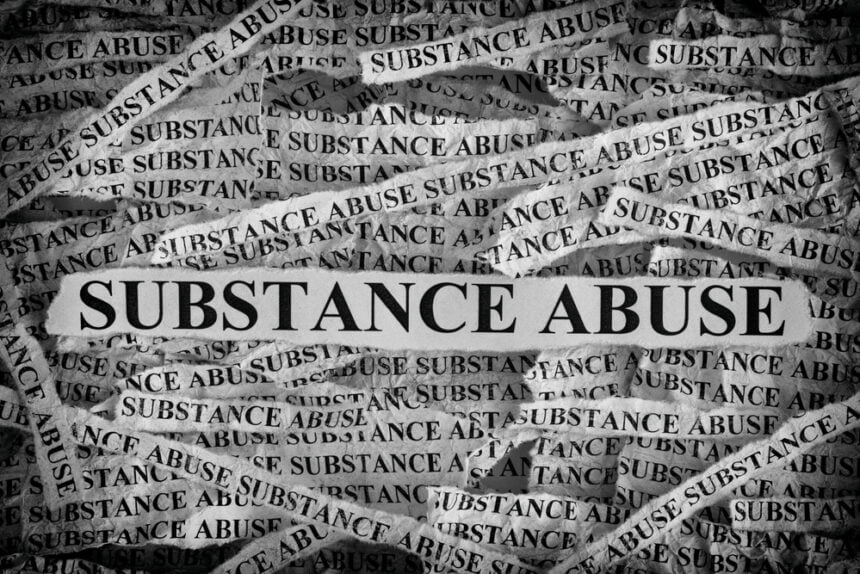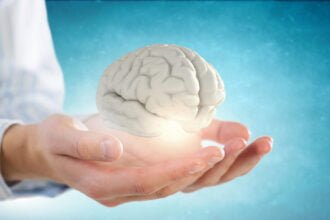Substance abuse—the harmful or hazardous use of psychoactive substances, such as illicit drugs and alcohol—is a pressing issue affecting millions worldwide. Understanding substance abuse’s causes, effects, and recovery processes can significantly enhance efforts to address this problem.
- Causes of Substance Abuse
- Effects of Substance Abuse
- Recovery from Substance Abuse
- Acknowledging the Problem
- Detoxification
- Rehabilitation Programs
- Therapies and Counseling
- Family-based Interventions
- Peer-led Approaches
- Community-wide Initiatives
- Recognition and Treatment of Mental Health Disorders
- Aftercare and Maintenance
- Final Words
Causes of Substance Abuse
Several factors contribute to substance abuse. Being aware of these triggers can significantly aid prevention efforts.
Genetic Predisposition
Research suggests that genetic factors account for about half of a person’s susceptibility to substance addiction. The presence of specific genes can make some people more likely to become addicted than others.
- Family history of addiction: People with a family history of substance abuse may have an increased genetic vulnerability to addiction.
- Genetic predisposition to mental health disorders: Mental health disorders, such as depression or anxiety, can increase the likelihood of substance use and abuse.
Environmental Factors
The environment in which a person grows up, lives, and works can significantly contribute to substance abuse. Moreover, one of the primary solutions to drug abuse is to address these environmental factors directly. These factors include:
- Peer pressure: The influence of friends and peers can be a formidable catalyst for substance abuse.
- Availability and accessibility: The presence and accessibility of drugs or alcohol can contribute to the risk of substance abuse.
- Socioeconomic status: Lower socioeconomic status may increase susceptibility to substance abuse due to factors such as stress, limited resources, and lack of access to support systems.
- Family functioning: Dysfunctional family environments, including exposure to abuse, neglect, or parental substance abuse, can lead to a higher risk of addiction.
Interventions may include promoting supportive and stable family environments, ensuring youth have access to quality education and positive peer groups, and implementing community programs that help to reduce the availability and accessibility of drugs.
Psychological Triggers
Often, substance misuse can result from individuals trying to self-medicate their psychological distress. This could result from conditions like:
- Anxiety
- Depression
- Post-Traumatic Stress Disorder (PTSD)
The Influence of Culture and Media
The representation of drugs and alcohol in media can glamorize substance use, leading to increased susceptibility to such behaviors.
Effects of Substance Abuse
Substance abuse has far-reaching effects encompassing physical, psychological, social, and economic domains.
Physical Health Impacts
Continued substance misuse can lead to severe health problems, including but not limited to:
- Heart disease
- Liver damage
- Respiratory issues
- Cancer
- Infectious diseases (e.g., HIV/AIDS, Hepatitis)
Psychological Consequences
Chronic substance abuse can significantly impair mental health and is linked to a host of psychological disorders, including:
- Depression
- Anxiety
- Paranoia
- Psychosis
Social Impact
Addiction impacts both the individual and their social environment in several ways:
- Damaged relationships with family and friends
- Neglected responsibilities at work, school, or home
- Increased propensity for illegal activity
Economic Implications
The economic burden of substance abuse is considerable, as it can lead to:
- Job loss and associated loss of income
- Increased healthcare expenses
- Legal costs
Recovery from Substance Abuse
Recovering from addiction is a long and often winding road, but achieving and maintaining sobriety is possible. The key steps generally include:
Acknowledging the Problem
Admission of the problem is the first step towards recovery. One can seek help and start the recovery journey by realizing the issue.
- Implement preventative measures through educational programs that focus on substance abuse and its consequences.
- Increase awareness of addiction and recovery options.
- Develop healthy habits and coping mechanisms from a young age.
- Encourage open communication between children and parents, teachers, or community members.
Detoxification
Substance-dependent individuals may require detoxification under medical supervision to manage withdrawal symptoms safely.
Rehabilitation Programs
Addiction treatment programs provide comprehensive treatment plans encompassing medication (if applicable), therapy, and support to help users stop substance use.
Therapies and Counseling
Counseling and different forms of therapy, such as cognitive-behavioral therapy (CBT) and motivational interviewing (MI), can help individuals overcome addiction.
Family-based Interventions
- Strengthen family bonds and improve communication between family members.
- Address family dysfunction to provide a stable and supportive environment for children.
- Encourage family involvement in prevention programs and other community resources.
Peer-led Approaches
- Leverage community groups, such as school-based programs and support groups, to educate and support those at risk of substance abuse.
- Utilize the influence of positive peer relationships to mitigate the impact of negative peer pressure.
Community-wide Initiatives
- Develop and implement comprehensive community-based programs to address environmental factors that contribute to substance abuse risks.
- Foster collaboration among schools, community organizations, and law enforcement to implement effective prevention strategies.
Recognition and Treatment of Mental Health Disorders
- Early identification and treatment of mental health disorders can reduce the risk of substance abuse.
- Provide access to proper mental health resources and support.
Aftercare and Maintenance
Long-term recovery requires ongoing maintenance, including aftercare services, support groups, and potential therapy to avoid relapse.
Final Words
Although substance abuse is a significant global issue, recognizing its causes, effects, and the path to recovery can go a long way in addressing it. It requires understanding, empathy, well-planned intervention, and continuous support, but recovery is always possible—and it’s never too late to seek help.










